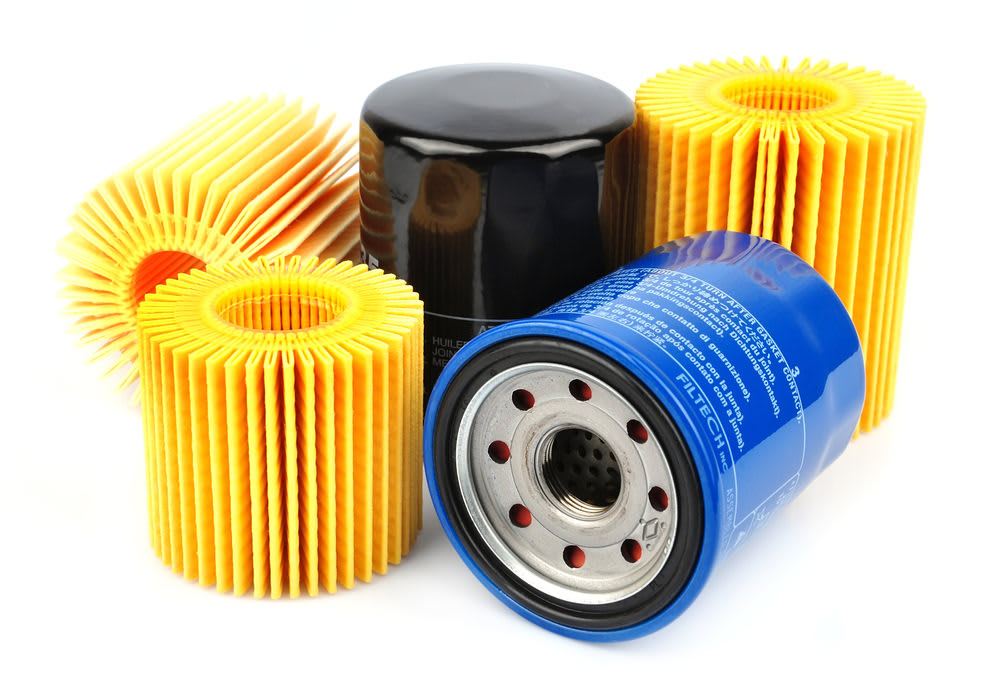

Depending on who you ask, you can get a wide variety of answers to the seemingly straightforward question of how often you should replace oil filters in vehicles. Car manufacturers often suggest changing oil filters every other time you have your oil changed. Most parts and oil manufacturers, however, say to replace oil filters with every oil change, which should occur every 3,000 miles or three months (whichever comes first).
Since automobile manufacturers want to present the lowest maintenance costs possible with their products and oil or parts manufacturers make profits on the units they sell, it seems this discrepancy in answers has roots in potential financial gain. So, here are our experienced mechanics’ guidelines for proper oil filter maintenance and replacement:
Replace oil filters with every oil change. While we agree with oil companies’ advice to change oil filters when you change the oil, there’s a difference in opinion on how often this should occur. Unless you’re driving an antique vehicle with an almost prehistoric engine system that doesn’t filter debris as efficiently, the 3,000-mile rule is a myth. Every vehicle is a little different, but the average amount of miles to wait is closer to about 7,500. Consult your owner’s manual for the proper oil filter maintenance for your vehicle.
If the Service Engine light is on, you may need an oil filter replacement ahead of schedule. While a lot of things can trigger the Service Engine light to come on, it’s a good idea to rule out the simpler potential causes before plunking a lot of money down for diagnostics and repairs. When that light is illuminated, it indicates the engine system isn’t working as well as it should, which can also be accompanied by a lot more grime and debris being in circulation. This can clog your oil filter more quickly than usual.
If you regularly drive in more severe conditions, such as in stop-and-go traffic, towing heavy loads, or in extreme temperatures, you may need to replace your oil and oil filter more often. Such conditions cause your engine’s system to work harder, which – in turn – requires more frequent maintenance of its components, including the oil filter.
The oil filter is an important part of your engine system’s operation. It removes grit and grime from your oil, which prevents such contaminants from entering the engine itself when oil circulates and lubricates its parts. Oil filters are relatively inexpensive, which is why most people recommend oil filter replacement with every oil change as a preventative measure.
If there is any doubt as to how often you should change oil filters, feel free to call one of our mechanics for a consultation. He or she will review the needs of your particular vehicle, taking into account any other circumstances that may necessitate more frequent replacement, and make recommendations for optimal maintenance.



